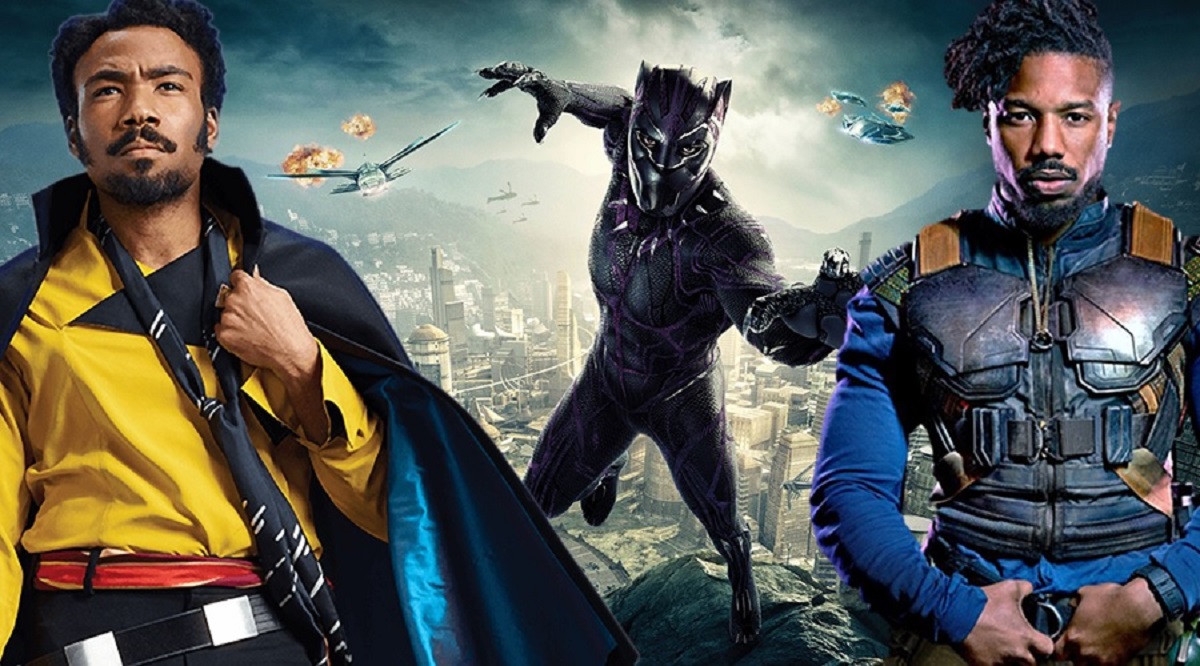

Infamously, in the early morning hours of Dec.
#BLACK PANTHER INFORMANT SERIES#
In a series of pantry raids, the FBI shut down the program for no other reason than that it represented “the best and most influential activity going for the BPP,” according to Hoover, and should therefore be “neutralized.” Other social welfare initiatives were similarly sabotaged.
#BLACK PANTHER INFORMANT FREE#
The FBI paid particular attention to our flagship Free Breakfast Program, which, at its height, served hot meals to more than 20,000 hungry children every day before school. FBI informants were everywhere, recording our meetings and posing as rival street organizations in fake letters they authored to foment animosity, incite violence, and provoke mayhem and murder between us.ĬOINTELPRO agents watched, listened, and tracked Black Panther Party members as we set up free health care clinics and testing sites for sickle cell anemia, sponsored legal aid clinics, and organized transportation for people to visit incarcerated family members. There was no tactic, no strategy, and no lie that was beneath COINTELPRO. Under Hoover’s direction, and in conjunction with police departments across the country, Black Panther Party members - including myself - would be subjected to a relentless campaign of surveillance and political repression through a domestic counterintelligence operation called “COINTELPRO.”

Edgar Hoover to be the “greatest threat” to America’s internal security. In a nation that had long devalued Black people and rejected Black power, the Panthers preached Black pride and self-determination, defense against police brutality, and economic security for Black America.įor that, we were deemed by FBI Director J. I joined the Panthers in 1968, and in 1969 I helped establish the Illinois Chapter of the Black Panther Party with my friend Fred Hampton and others. I was one of the thousands of young Black men with whom their message resonated. It was 1966 and the civil rights movement had been slowly building steam for more than a decade when the Black Panther Party emerged on the national stage: strident, confident, and resolute in their demands for Black freedom, justice, and equality.įueled by outrage at an untenable status quo for Black America and a deep-seated love for the Black community, the Black Panther Party’s Ten-Point Program spoke immediately and directly to the needs of Black communities that had been neglected by the government, victimized by brutal policing, and suppressed by discrimination.


 0 kommentar(er)
0 kommentar(er)
